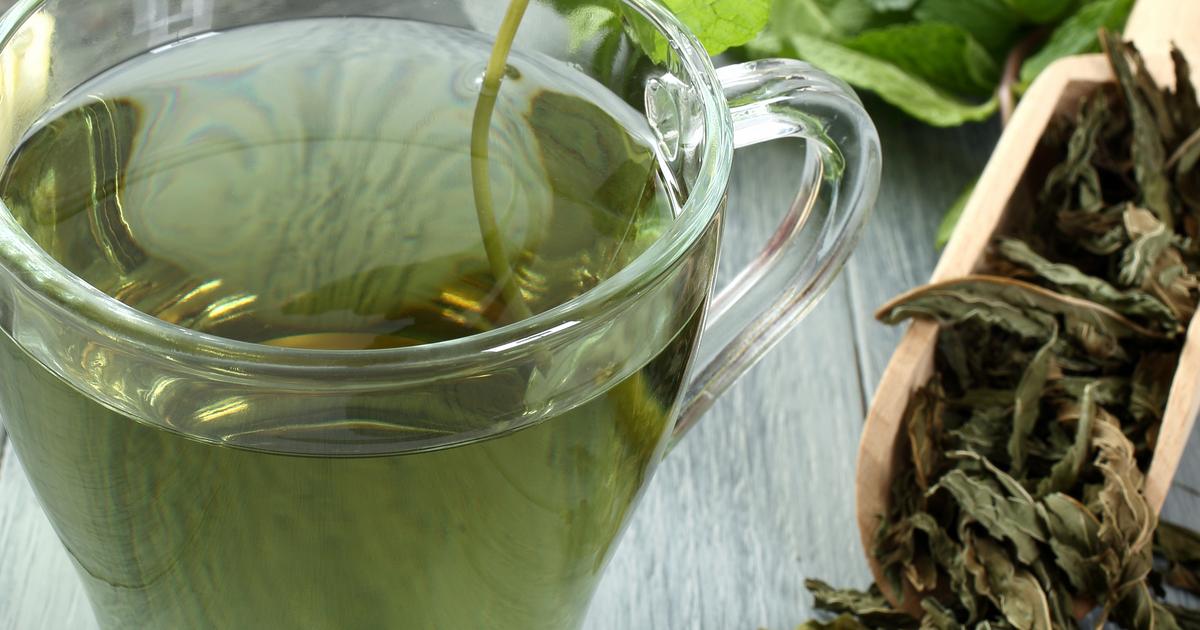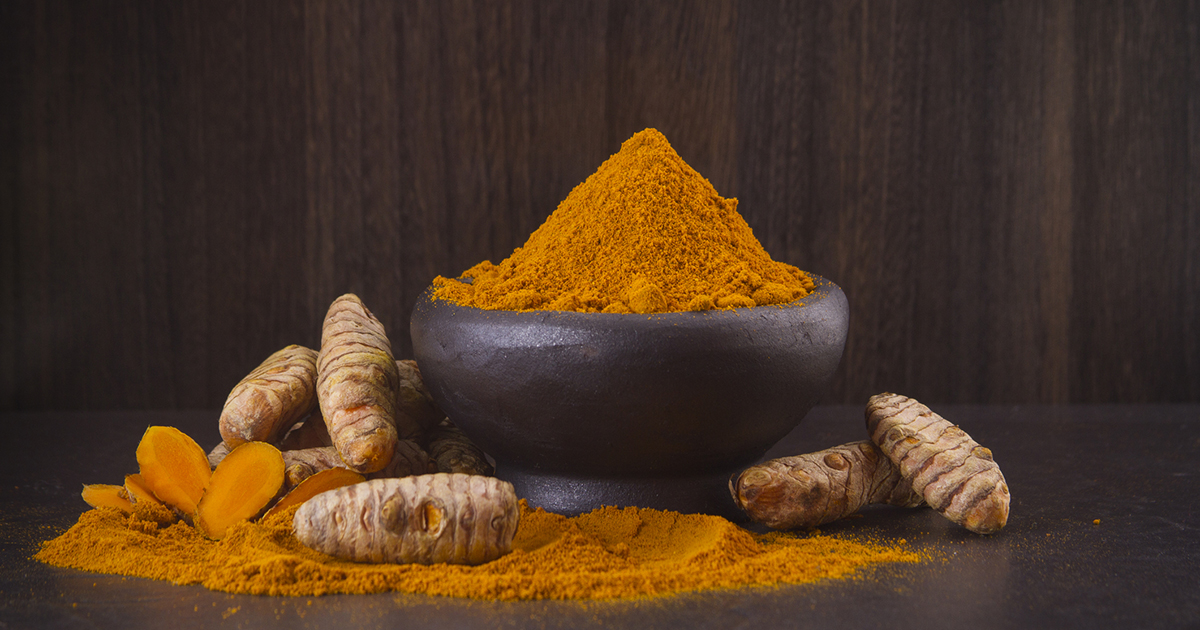Liver Detox: Foods That Boost Liver Function
The liver is the body's largest internal organ, and it is located in the upper right area of the abdomen. Although the liver has natural mechanisms for detoxification, modern diets are often high in fast food, fried foods, and saturated fats, which can all place considerable stress on the organ. To optimize liver health, many experts recommend that patients adopt a diet that includes plenty of fruits and vegetables. Diet is, in fact, one of the major treatments for conditions such as fatty liver disease. Patients who have any concerns about their liver should see their doctor for an evaluation, and blood tests can be used to determine if the liver is functioning properly.
Green Tea

Green tea contains potent antioxidants known as catechins, and multiple studies indicate these could protect the liver. Antioxidants aid the liver in its natural process of detoxification, and these substances also eliminate the free radicals produced as byproducts. The antioxidants in green tea are especially important in the early stages of the liver's detoxification, and they increase the activity of enzymes responsible for the first two parts of this process. Published in September 2015, a study in rats showed a compound in green tea known as epigallocatechin gallat (EGCG) was capable of protecting the liver from damage caused by acetaminophen, one of the most commonly used over-the-counter pain relievers. The EGCG inhibited the body's absorption of the acetaminophen by reducing the activity of liver enzymes that control the metabolism of medications. An additional study published in June 2015 in the International Journal of Clinical and Experimental Medicine reported green tea appears to reduce the overall risk of liver disease.
Turmeric

Turmeric is a yellow spice that can be added to foods in powdered form, and it is also available in concentrated capsules as a nutritional supplement. The spice contains high levels of curcumin, a substance that may be beneficial in the treatment of liver cancer and other types of liver disease. A study by researchers at UCLA measured levels of certain enzymes associated with the promotion of tumor growth, and the study authors determined the activity of these enzymes was inhibited with the use of curcumin supplements. In addition, studies have shown curcumin helps the gallbladder, and this could indirectly help the liver with processing bile and breaking down fats. Experts recommend adding ground turmeric to regular meals whenever possible, and it is a key ingredient in a popular beverage known as golden milk. Patients might also wish to take turmeric in capsule form, and individuals who try this method should always adhere to the recommended dosage on the bottle.
